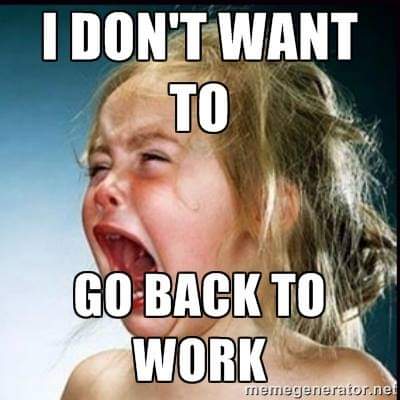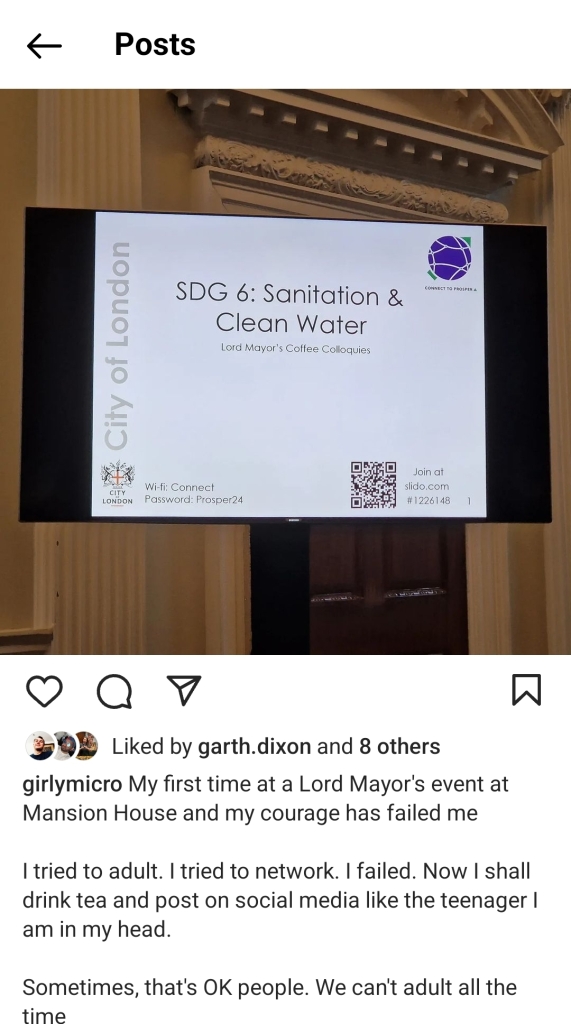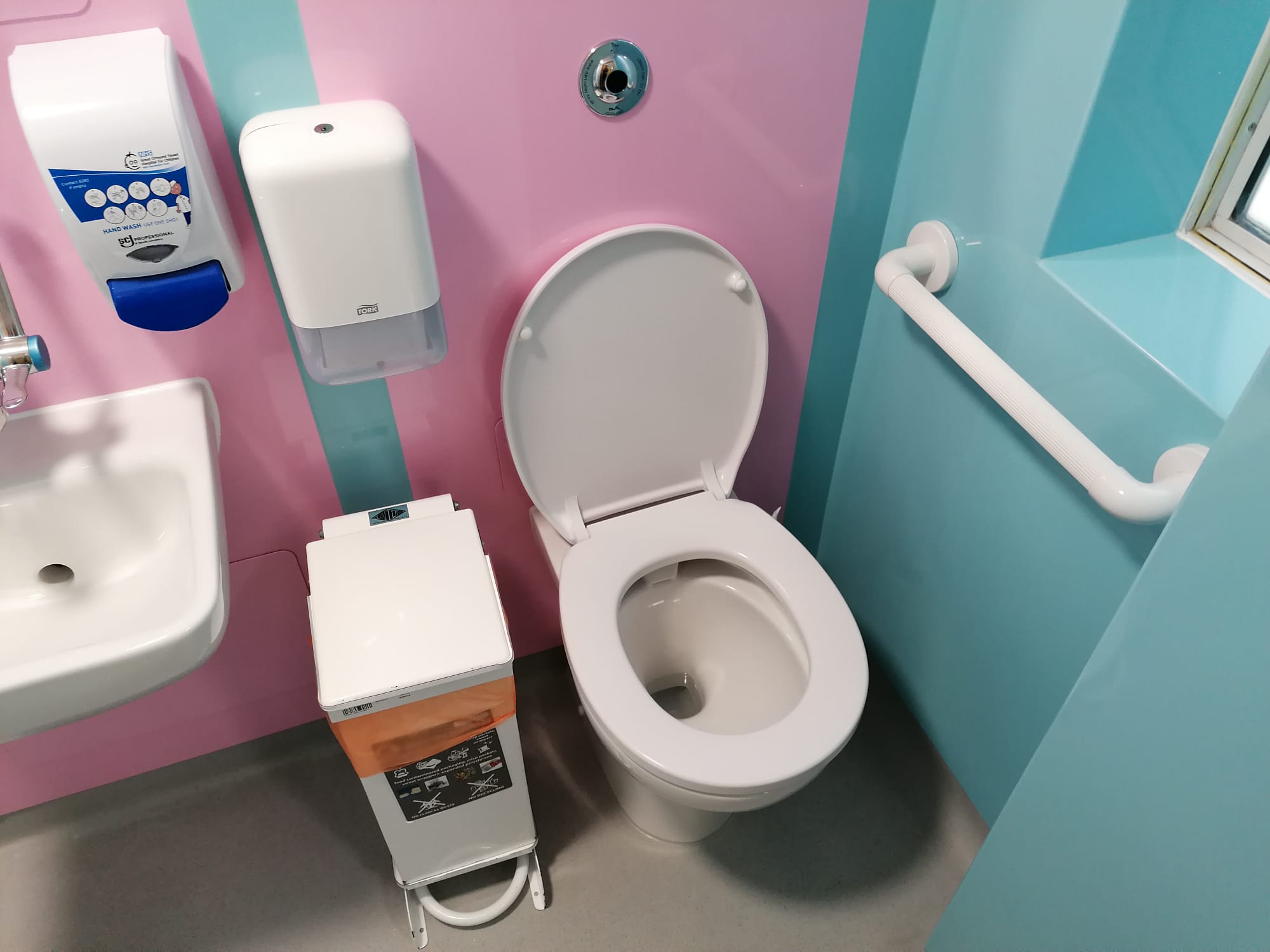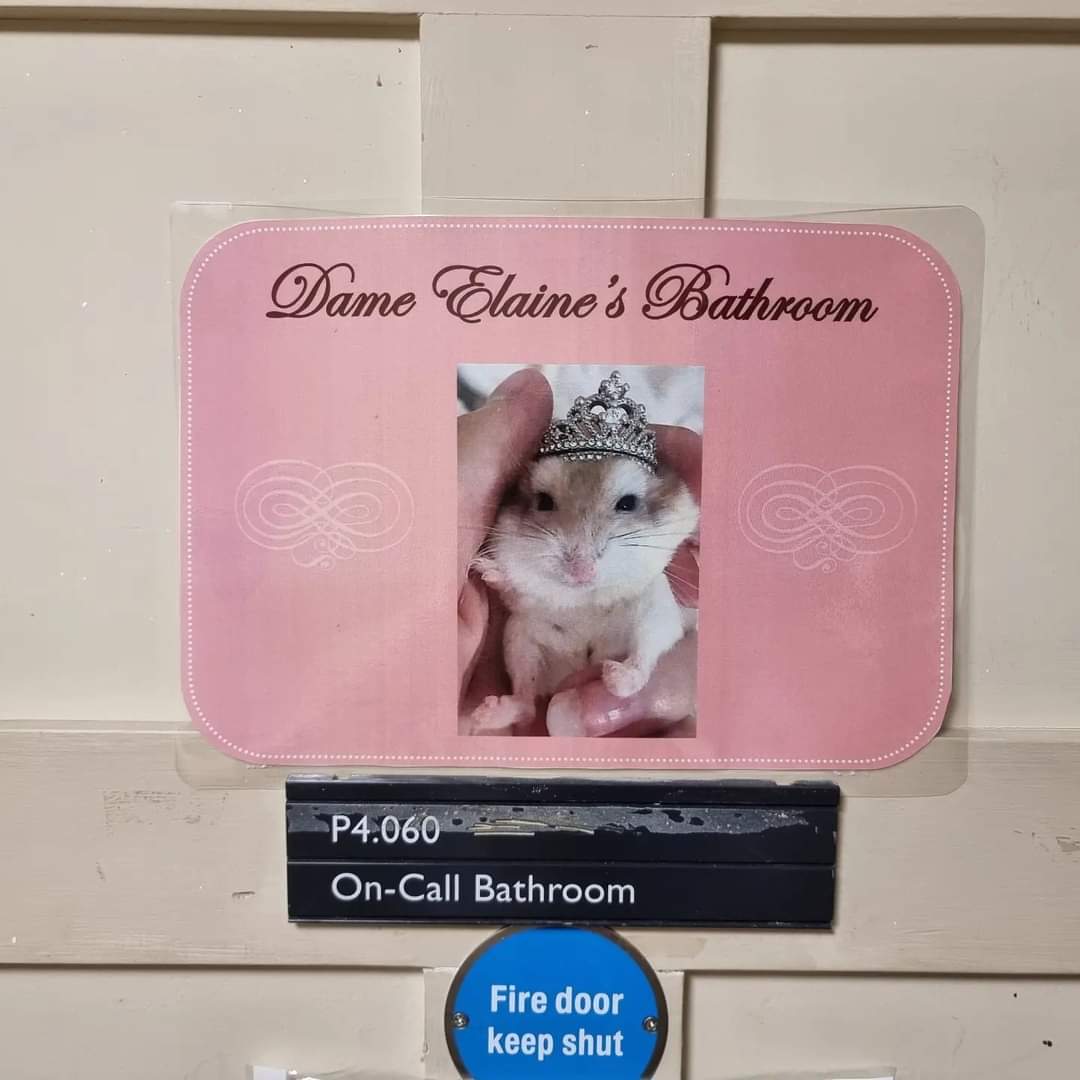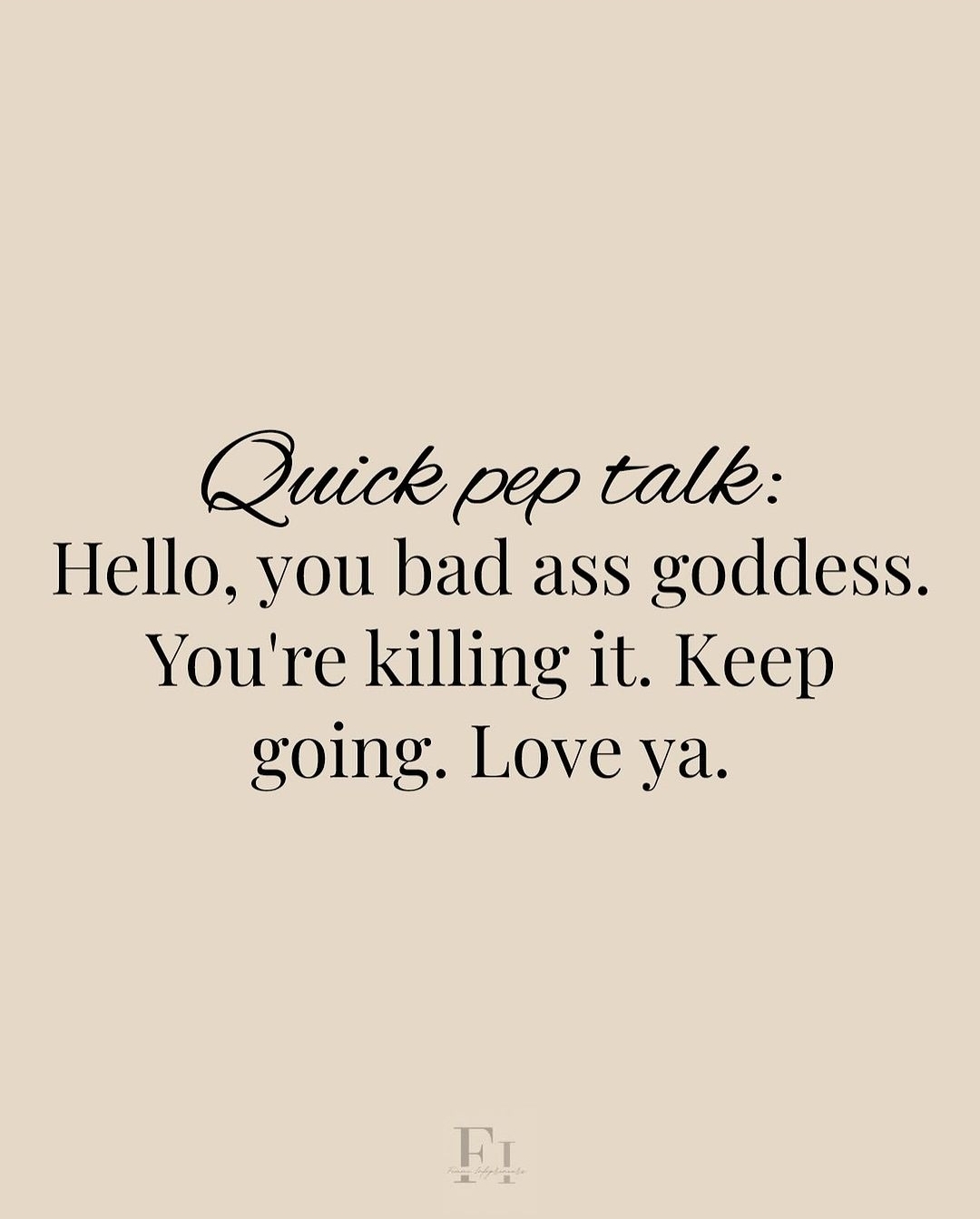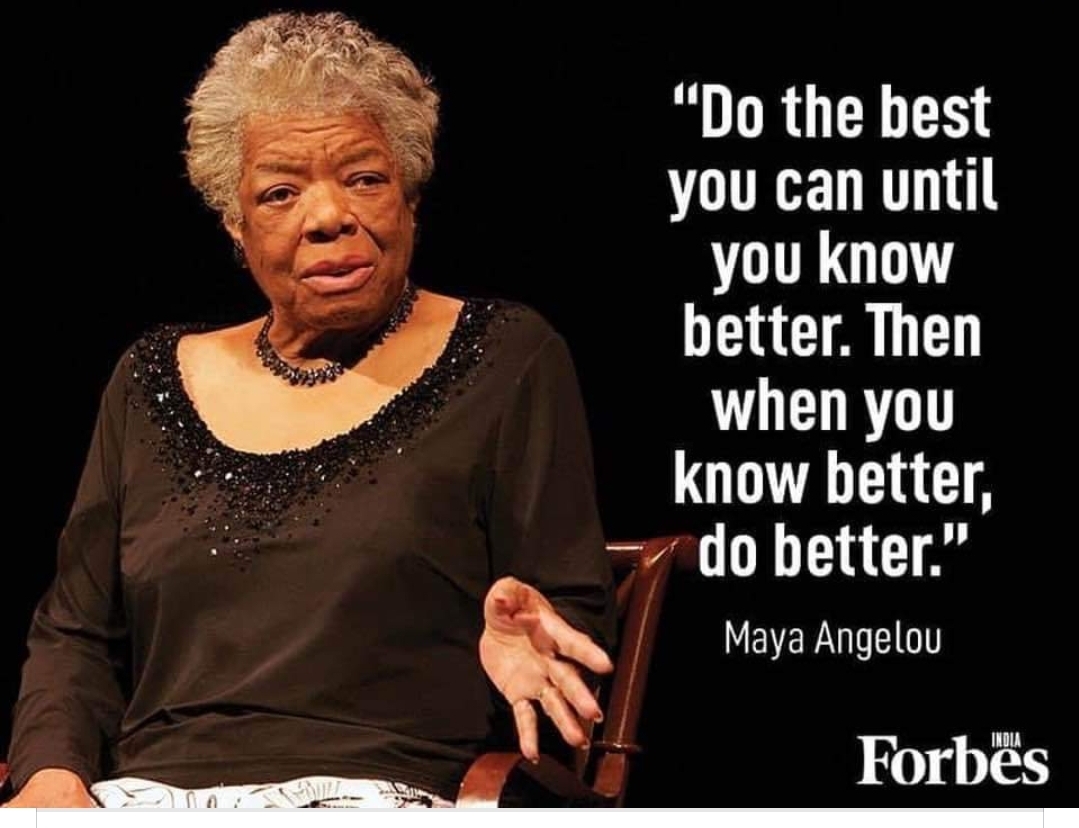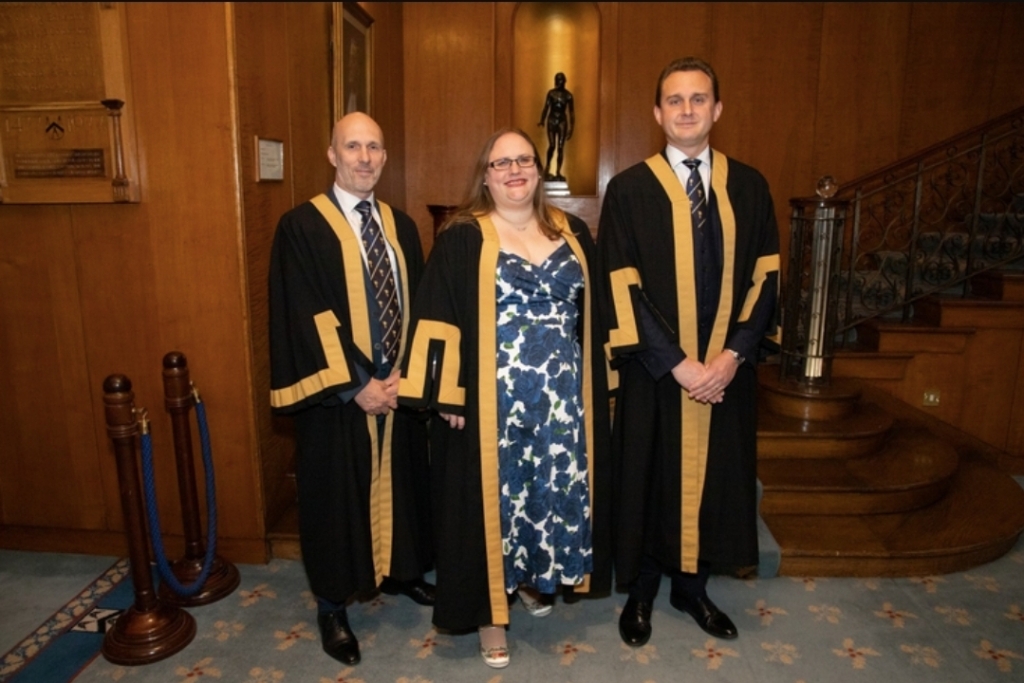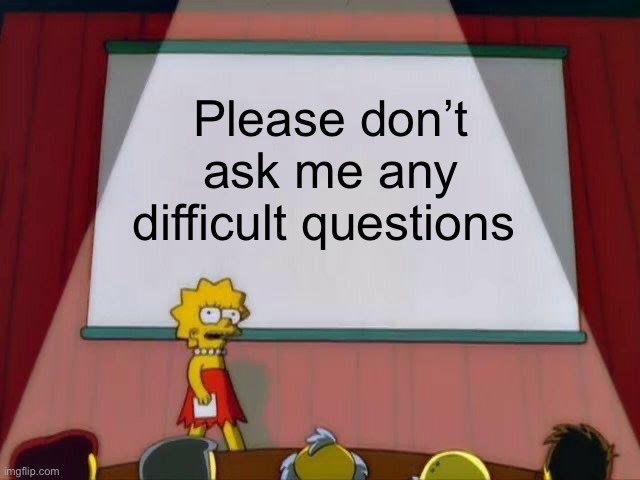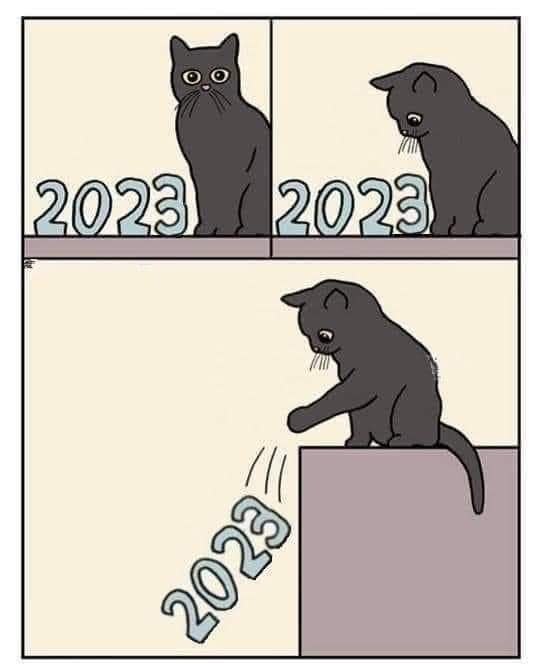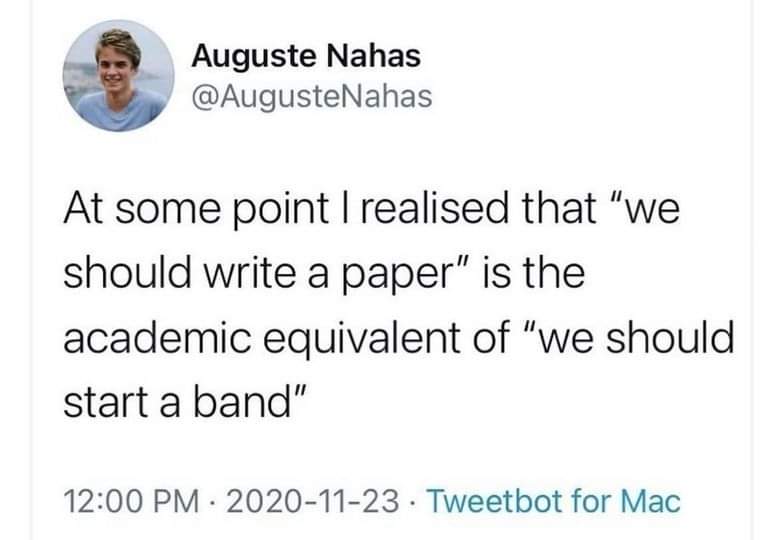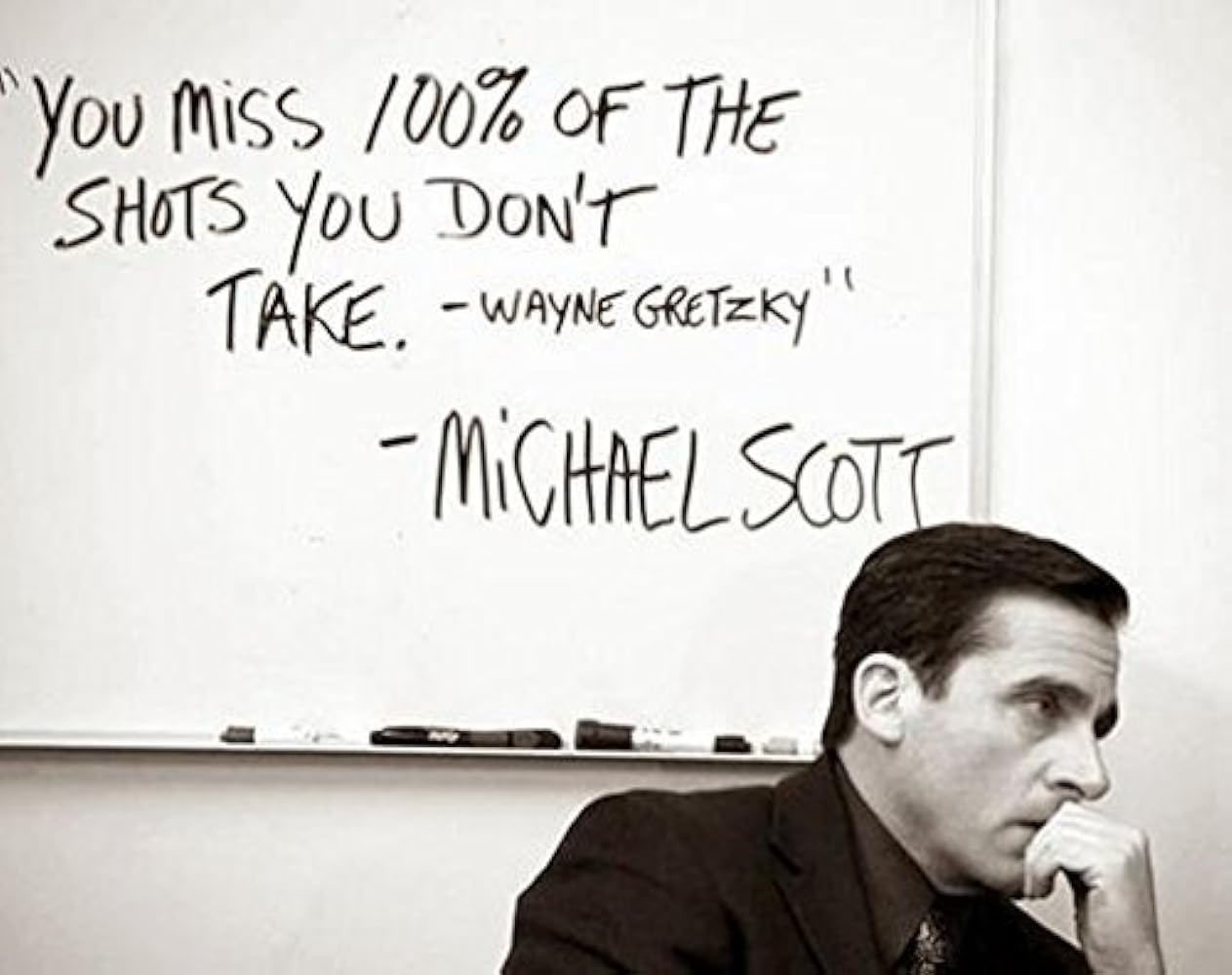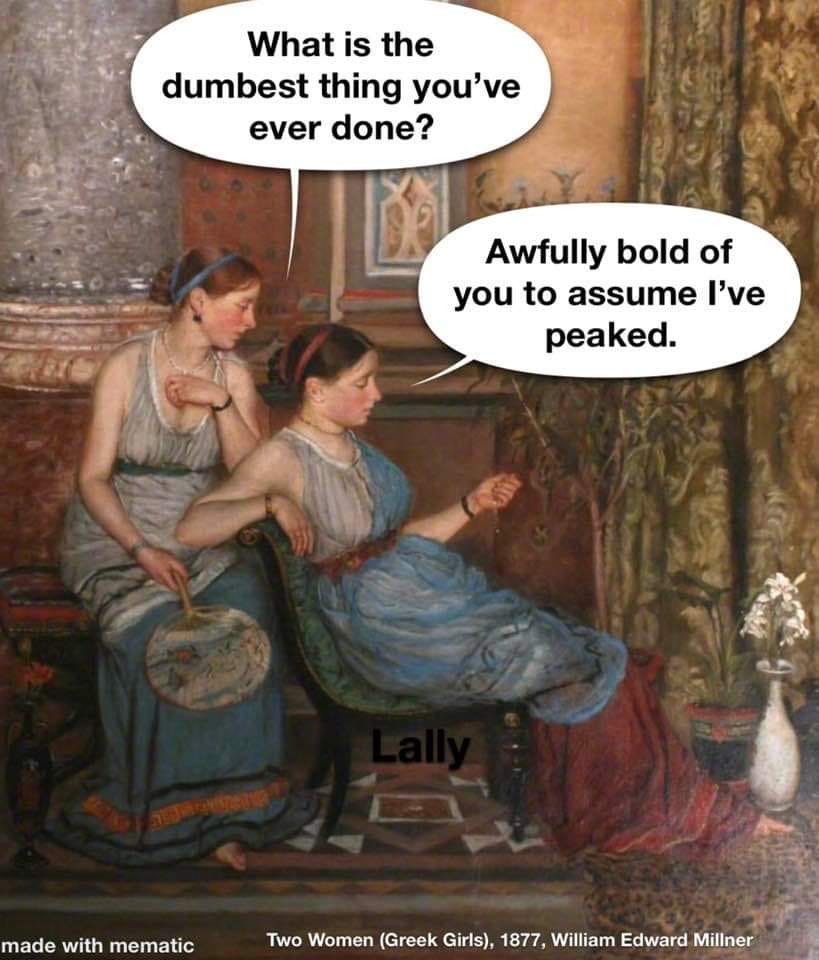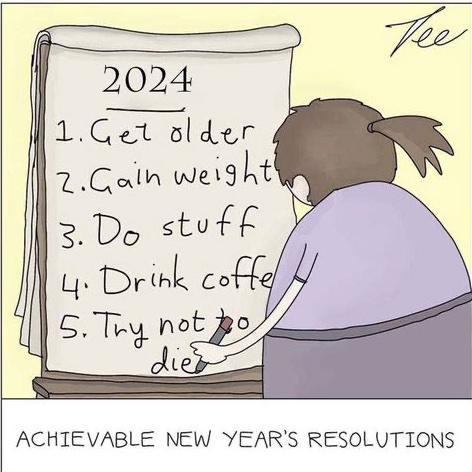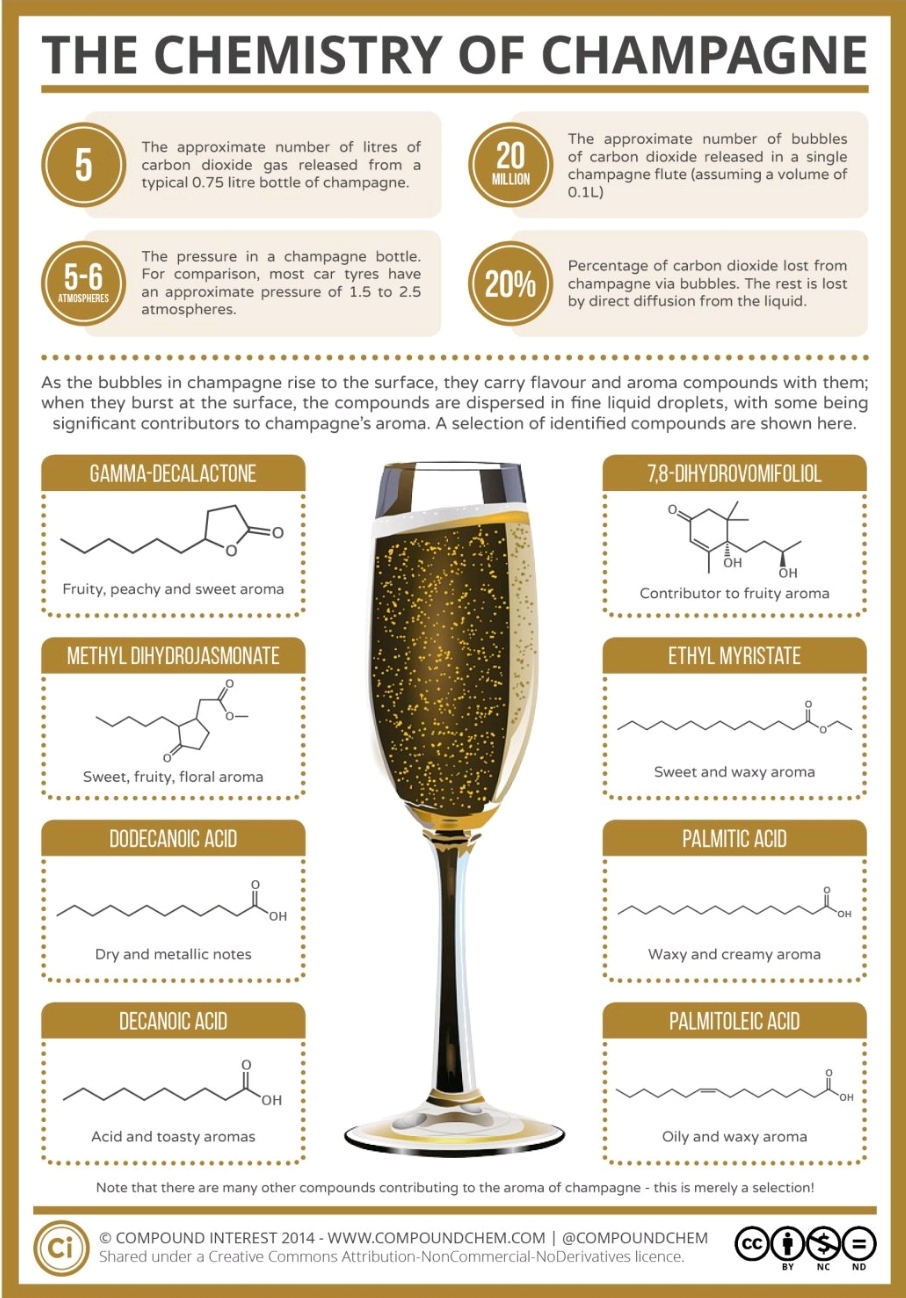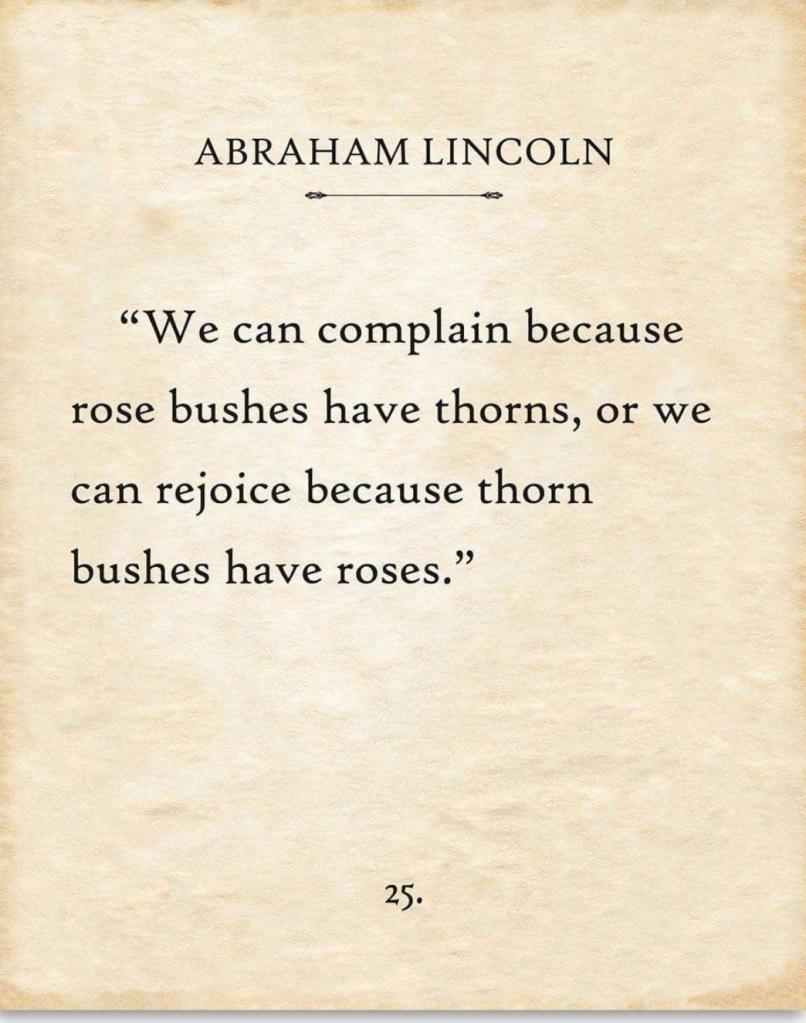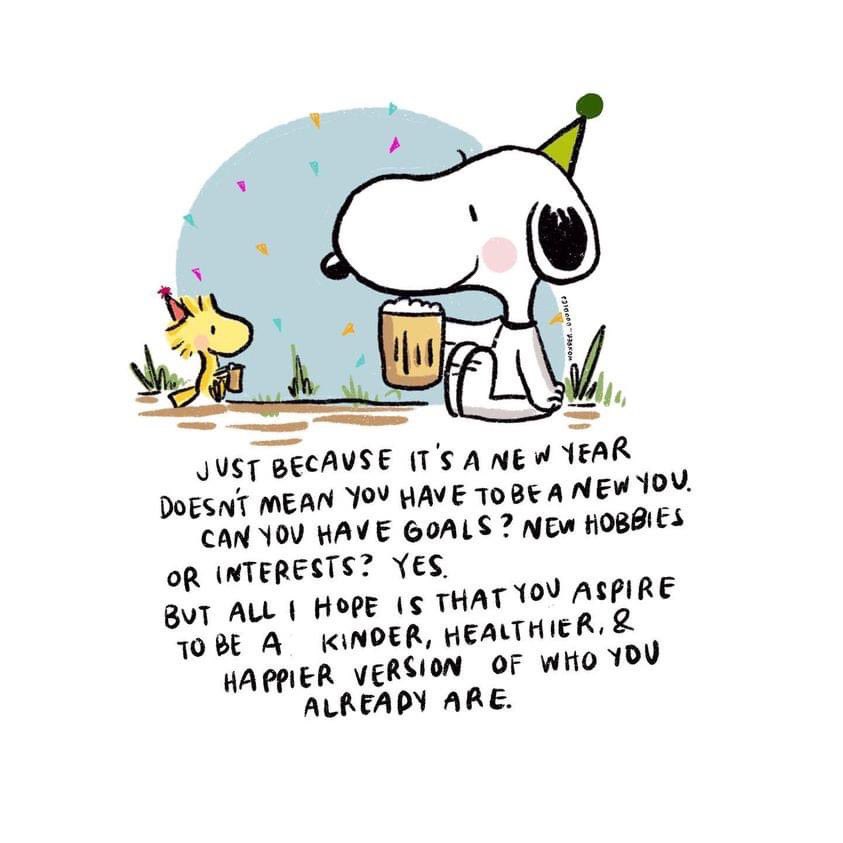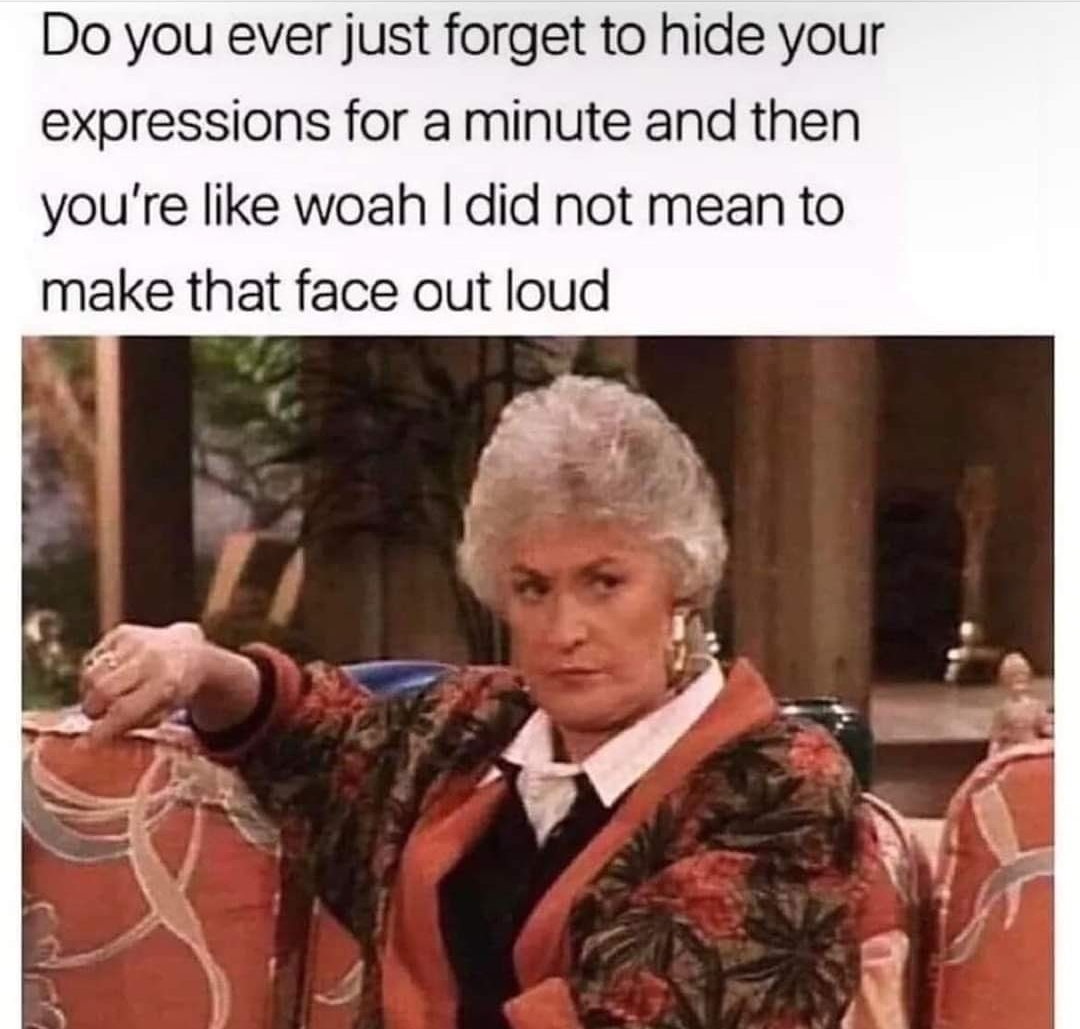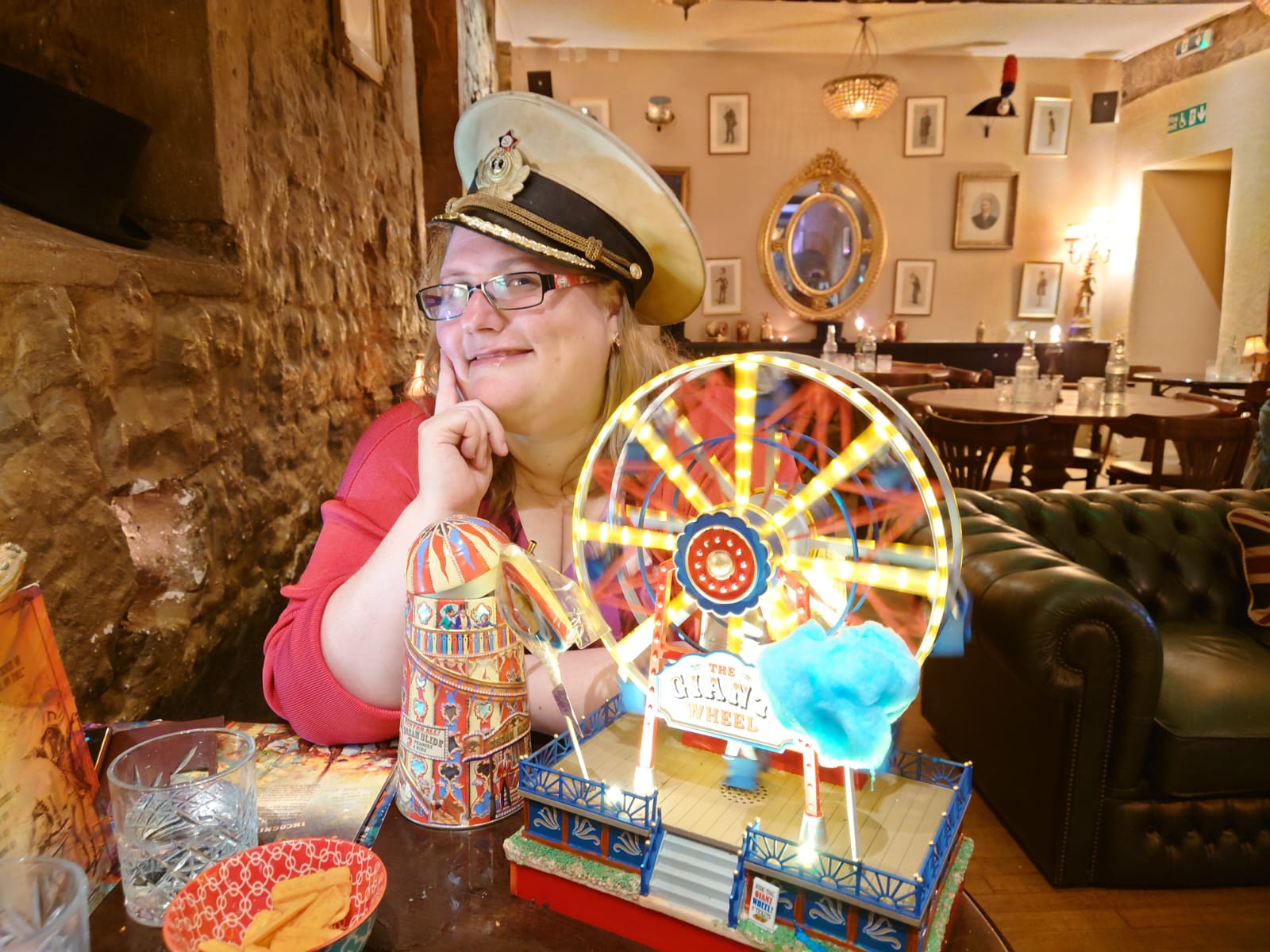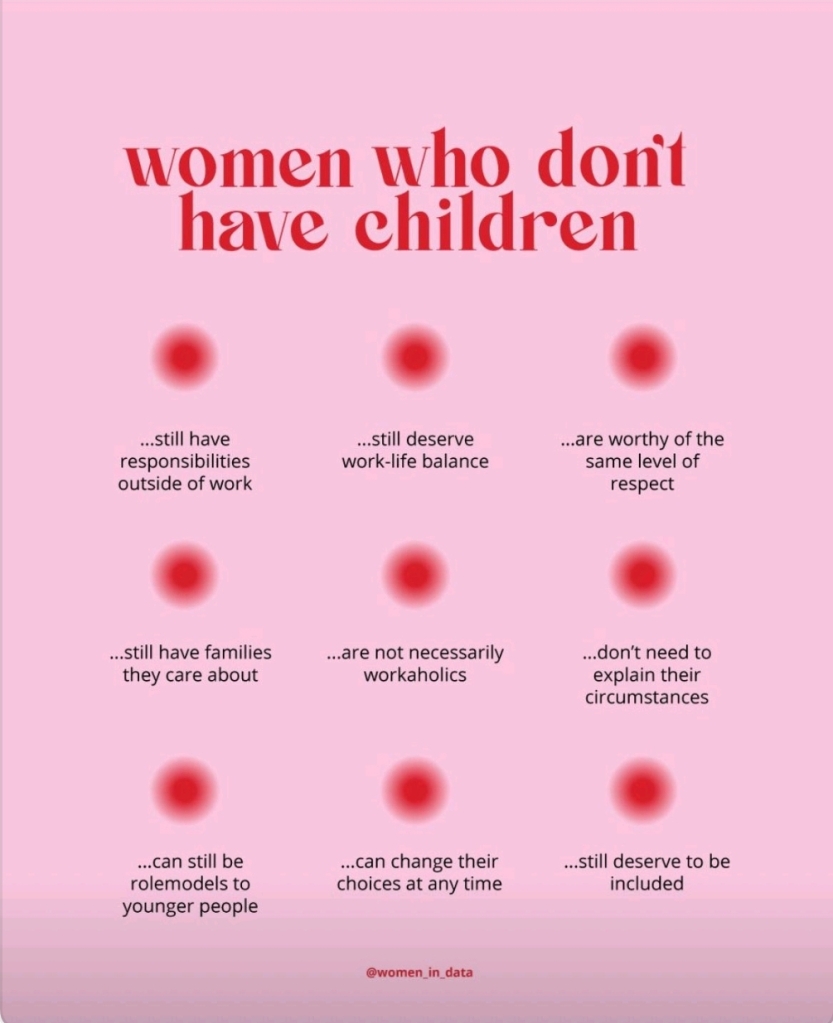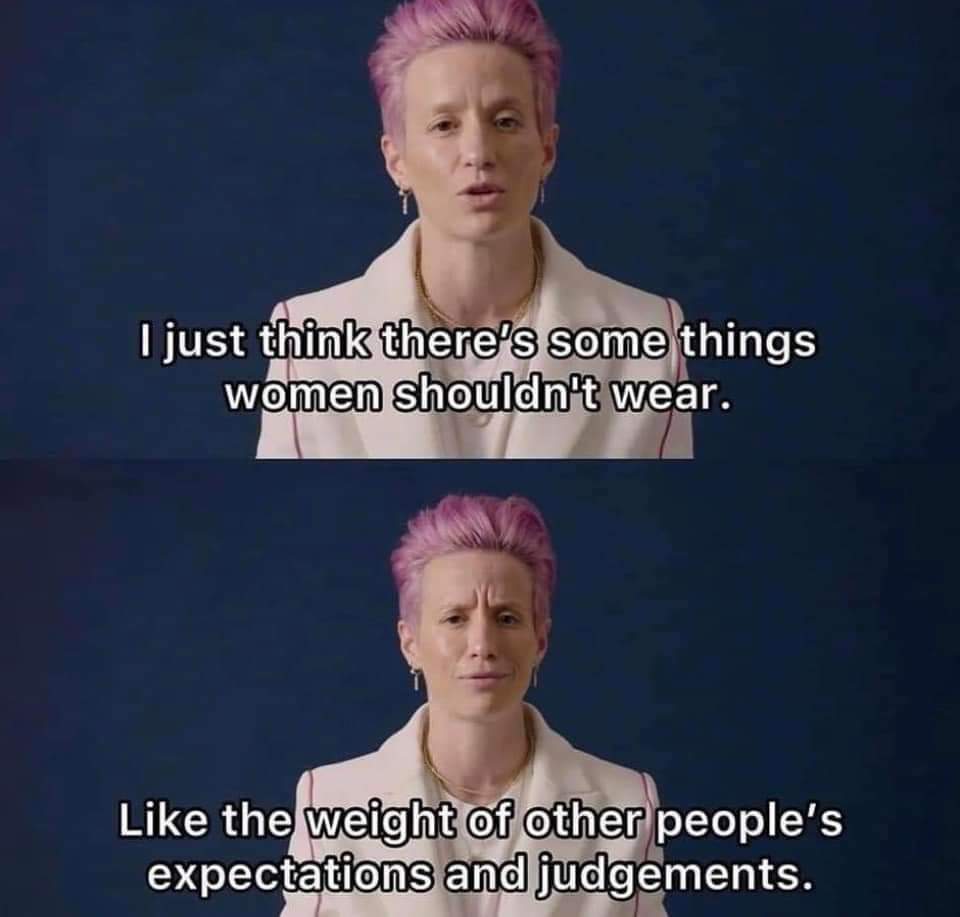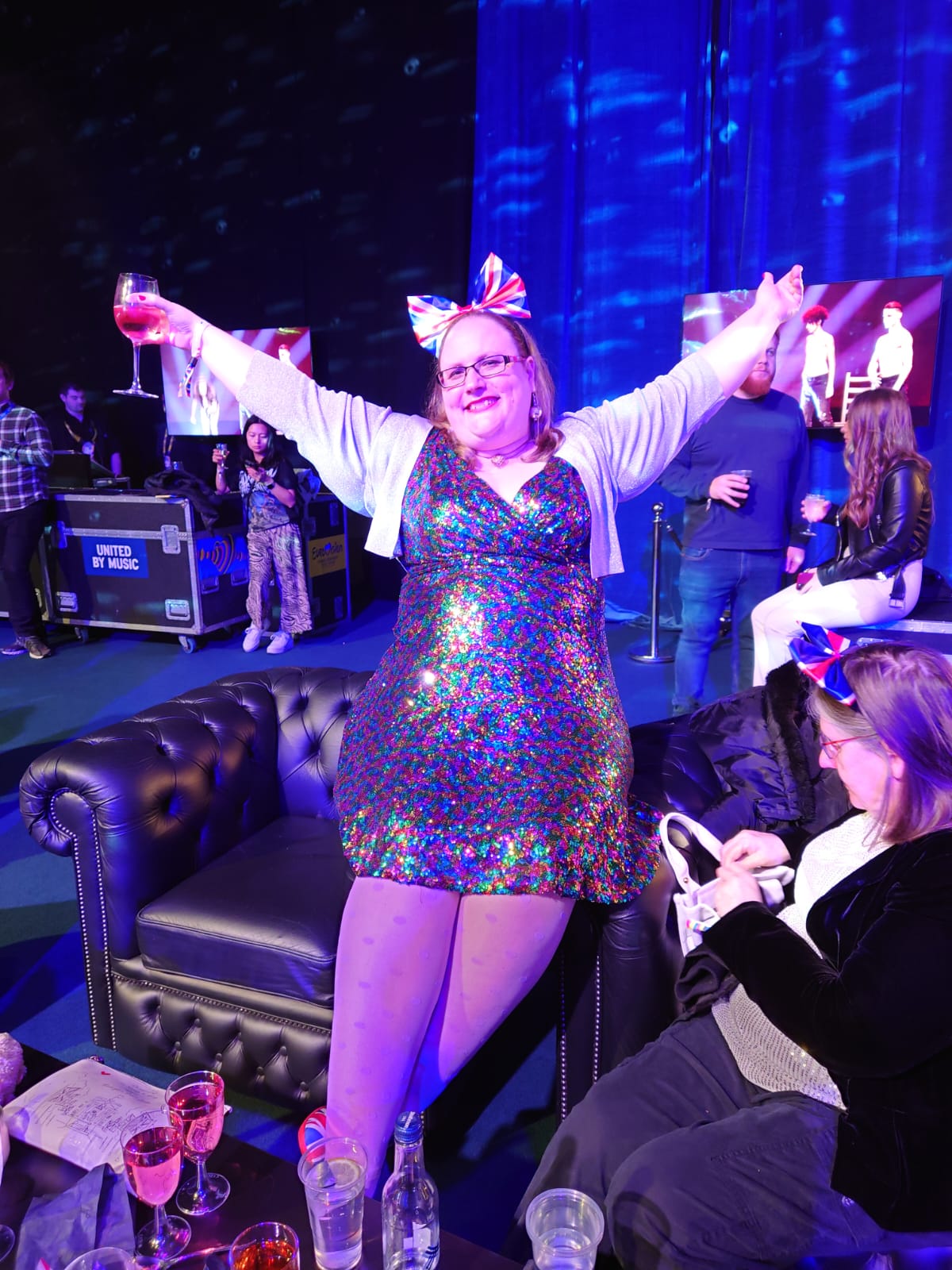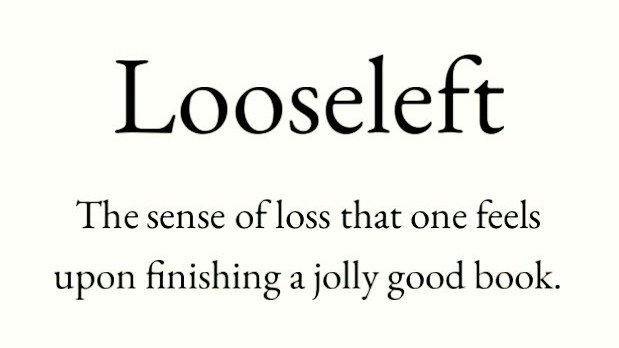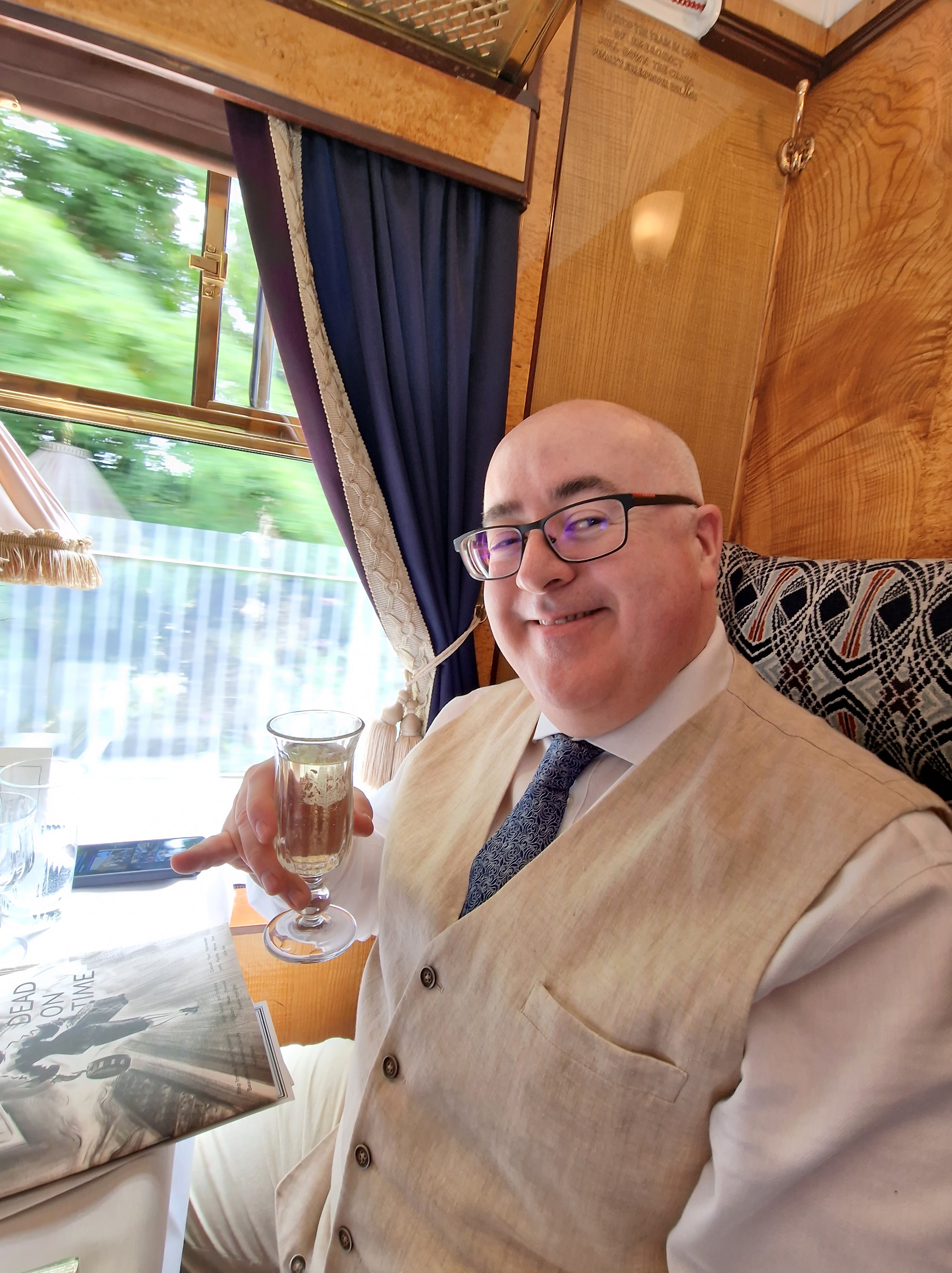It’s been just over a year since it was confirmed that I’d been made an Honourary Professor at UCL. It’s such an odd and yet brilliant thing to achieve the thing you never really believed would happen. Also, because I had dreamed but never thought it would be a reality, I don’t think I’d ever thought about what difference, if any, it would actually make. I thought I would, therefore, write this blog post to help all the dreamers, like me, who might benefit from some details about what it feels like after you’ve finally crossed the finish line.
Everything and nothing
I suppose the first thing to say is both that everything has changed, but in many ways nothing has. My job for all intents and purposes is exactly the same as it was, do clinical work and try to embed research along the way.
The biggest change is probably the level of respect you get from some people based on title alone. This happened to me when I made Consultant as well. You still get dismissed, or challenged (which isn’t a bad thing), but it happens less and somehow is generally done in a nicer way. This isn’t universally true of course, but the majority of interactions are smoother. In some ways this fascinates me, as I’m the same person. The social interplay linked to this hierarchy is something I’d love to go into more at some, but as much as it’s nice I’m not sure it’s how we should work.
The other thing has made my heart full on multiple occasions. I’ve had a number of people come up and tell me spontaneously how happy they are for me, which is lovely, but they’ve followed up with ‘you making professor makes me think it’s something that I can aspire for’, which is even better! I’ve had other people say I can’t be a professor because of my age, background, or gender, but not in a bad way, in a way where their eyes were opened as I didn’t fit the image they had in their mind. Frankly, I think this in itself is brilliant, being able to hold this space whilst being who I am and changing expectations is one of the reasons I fought so hard to get here. So thank you, thank you for helping me get here. In case you are fighting your own fight, and in case it helps, whatever happens next, the fight was worth it.
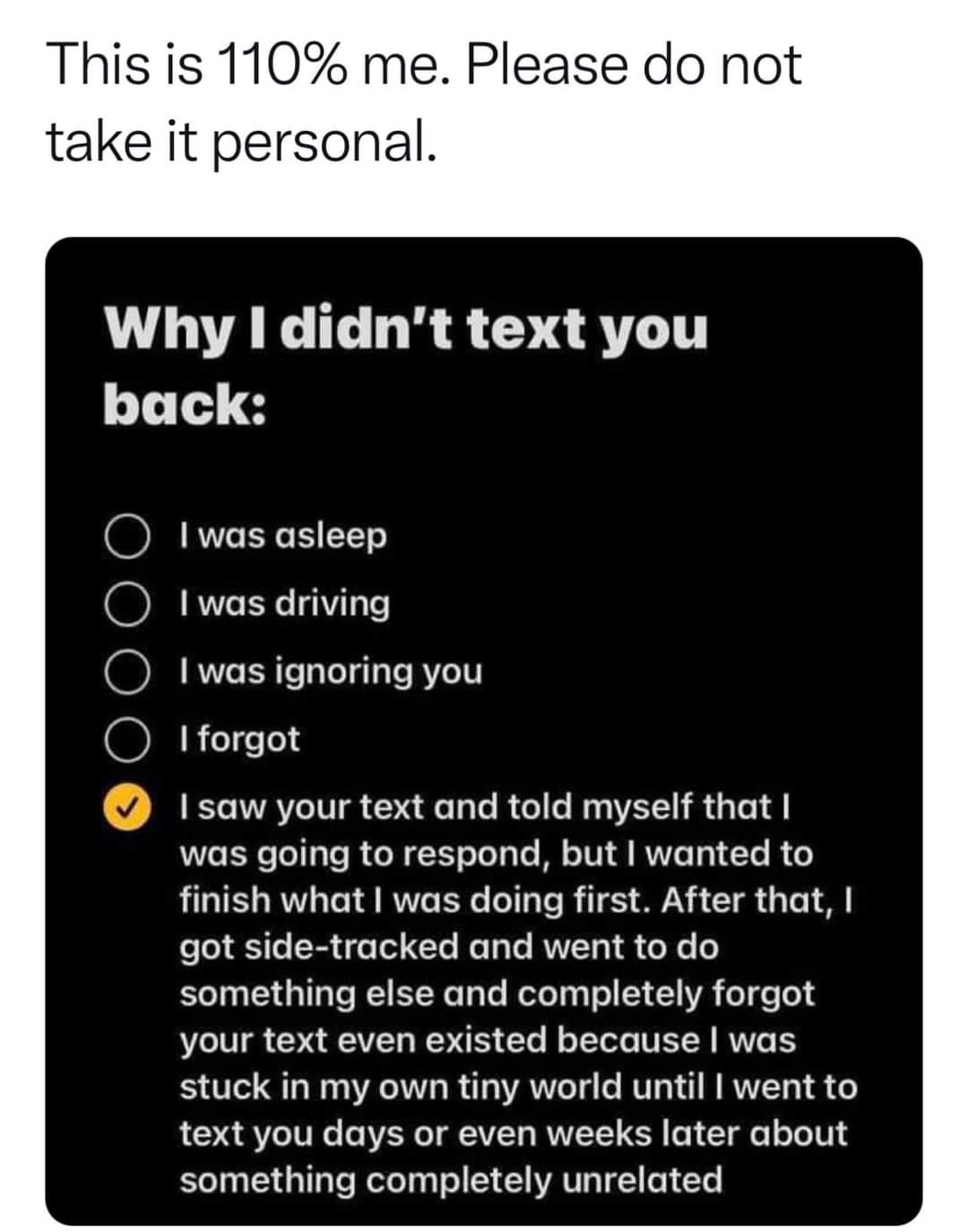
A world of unexpected opportunities
There are a few key ways that change has happened that I thought it would be worth talking about. Most of these are internal, but this first one is not. I do feel like I get offered more opportunities now. Now, I don’t know for definite that this is a consequence of me making professor, but the timing feels coincidental.
Within weeks of it being official, I received my first requests for commissioned articles from journals. I’ve never had these before, and it was so exciting I accepted the first three without realising that this wasn’t a one-off and that they’d all result in a heap of extra work. I’m glad I did. It’s been nice to spread the opportunity by picking awesome co-authors who haven’t had paper writing opportunities previously or where it benefits most, like my PhD students. The ones I’ve done have been brilliant learning and fun, but to be honest, are too much on top of an already full-on job. Writing them on top of this blog has been fairly challenging as I don’t get a lot of time at home as it is.
I also get a lot of invites to attend events and sit on committees, etc. These have always happened, but they happen much more frequently now. The same is also true with paper and grant reviews for organisations. The irony of some of this is that many of these opportunities are probably much more needed for those who are working to get established or still ticking the essential boxes rather than being wasted on me. I’m honoured, and I still get a lot out of them and feel I can contribute, but I’m not sure we should focus so much on defaulting to including the already embedded, maybe we should be opening those doors wider? That said, I’m frequently the only woman or scientist in those rooms, and so maybe these invites are just that? Still, I will try to pay it forward and spread the inclusion if I can by sending others and stepping back.
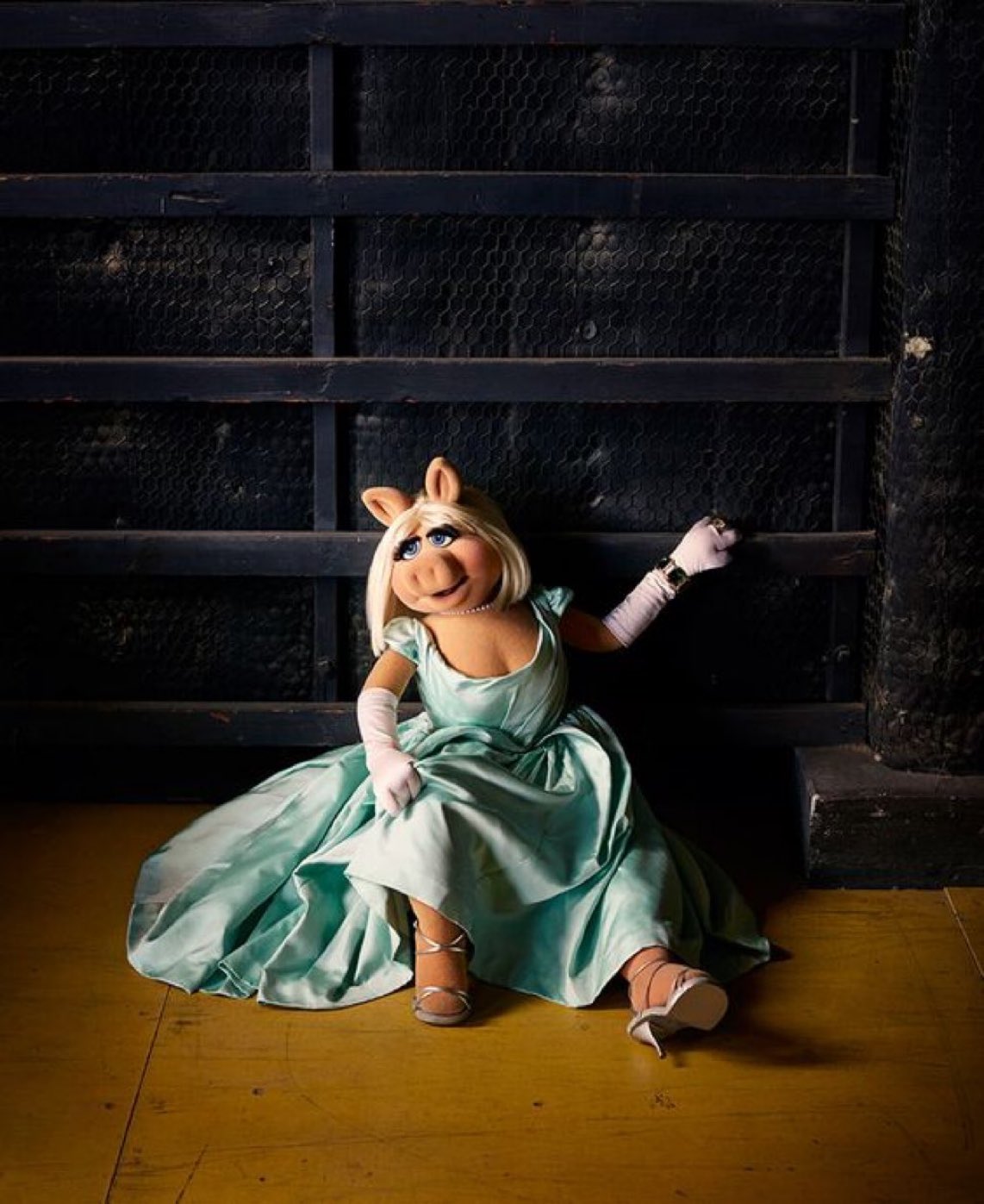
A certain kind of freedom
Most of the changes, as I said above, have been in how I feel and see myself. There is a freedom in feeling you’ve achieved something that felt out of reach. It validates the dream, and the sheer act of achieving one means that it inspires you to dream more and dream bigger. It also provides a level of freedom in terms of academic thought and process. I feel there is less justifying my research interests, removing some of the early hurdles you have to get over when starting any project.
There is also freedom to have a voice and express your opinions. Now, I’ve never been exactly meek about this. You read this blog after all. Being called a disrupter and boat rocker in the past is one of the reasons I didn’t think making professor would happen. Now I’m on the other side of the line, I feel even more empowered to stand tall as it would have been easier to not give it to me than it is to take it away. I think secretly everyone loves a little bit of disruption to the status quo.
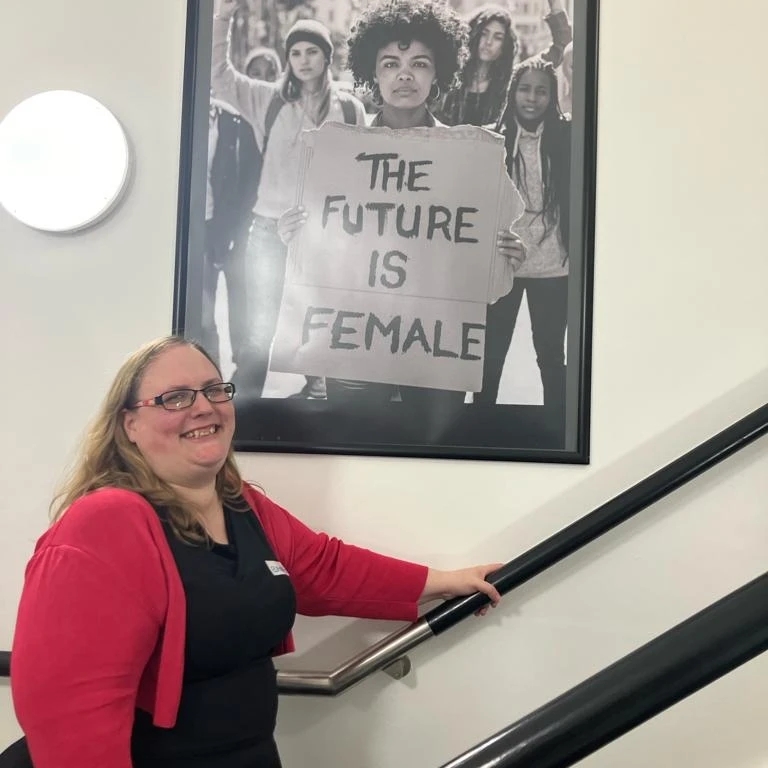
A need to change my automatic yes
One of the things I still need to get better at and embrace more is the art of saying no. Interestingly, becoming a professor has really helped with this. All of the reasons why are touched on in the following sections, but this sits as an aspect within all of them. It’s changed my thinking about saying no as a negative thing, which I need to justify and flagelate myself over. Saying no to things I’ve come to realise can be an incredibly positive choice, both for myself and others. I’m embracing the power of no, and I would encourage you to do the same.
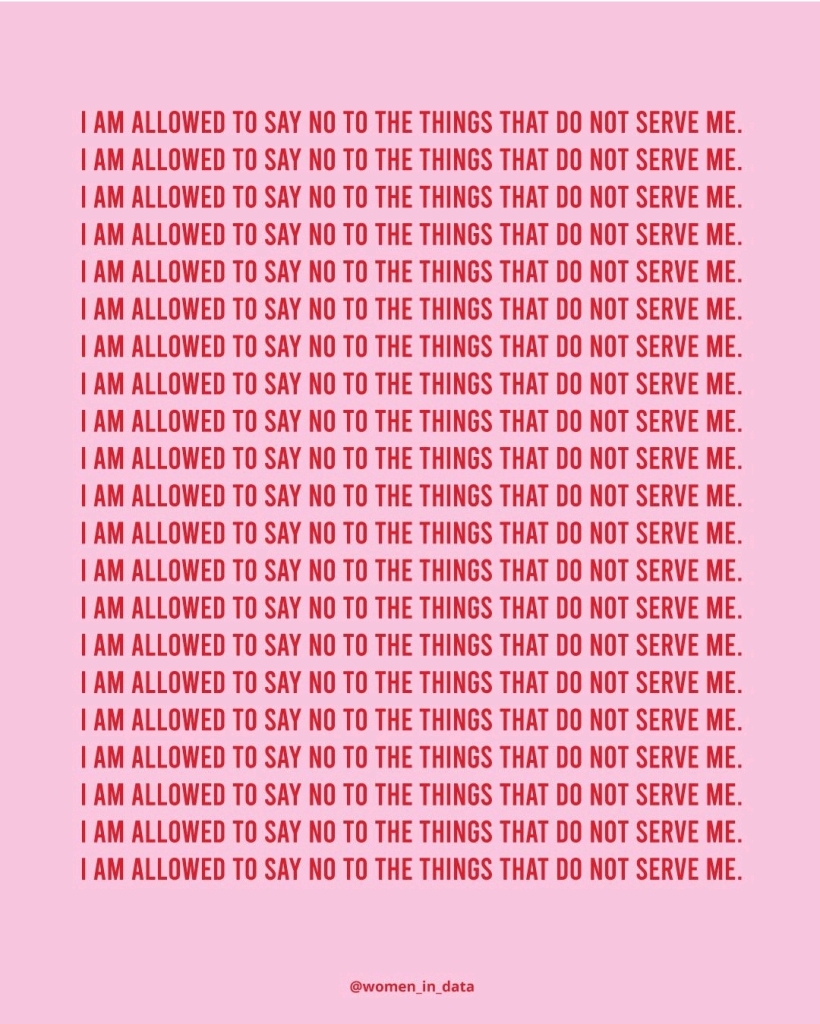
A need to change my mindset
One of the things that I wrote about in the original post when I made professor was about the fact that you have to demonstrate that you have achieved and ticked a fairly large number of boxes, from publications and grant funding to teaching and public engagement. In all honesty, some of these boxes will appeal to each person more than others. Many of them I love, and some of them are just key parts of the job. There are others however that I can now be more selective about.
I’ve always struggled with feeling like I have to cover all bases, as I didn’t have certainty about where I would end up. Career pathways in Healthcare Science were not very obvious when I started, and so you had to maintain and develop all aspects in case that’s where the job or opportunity would be. There is so much joy in knowing where that path has led, but also in having certainty about the fact that I have the power to now make informed choices about my next steps, as I know where I’ve ended up. Nothing in life is guaranteed, but being the master of your own destiny gives you the ability to choose steps that serve your purpose rather than trying to be everything to everyone. It provides freedom from the constant striving to please.
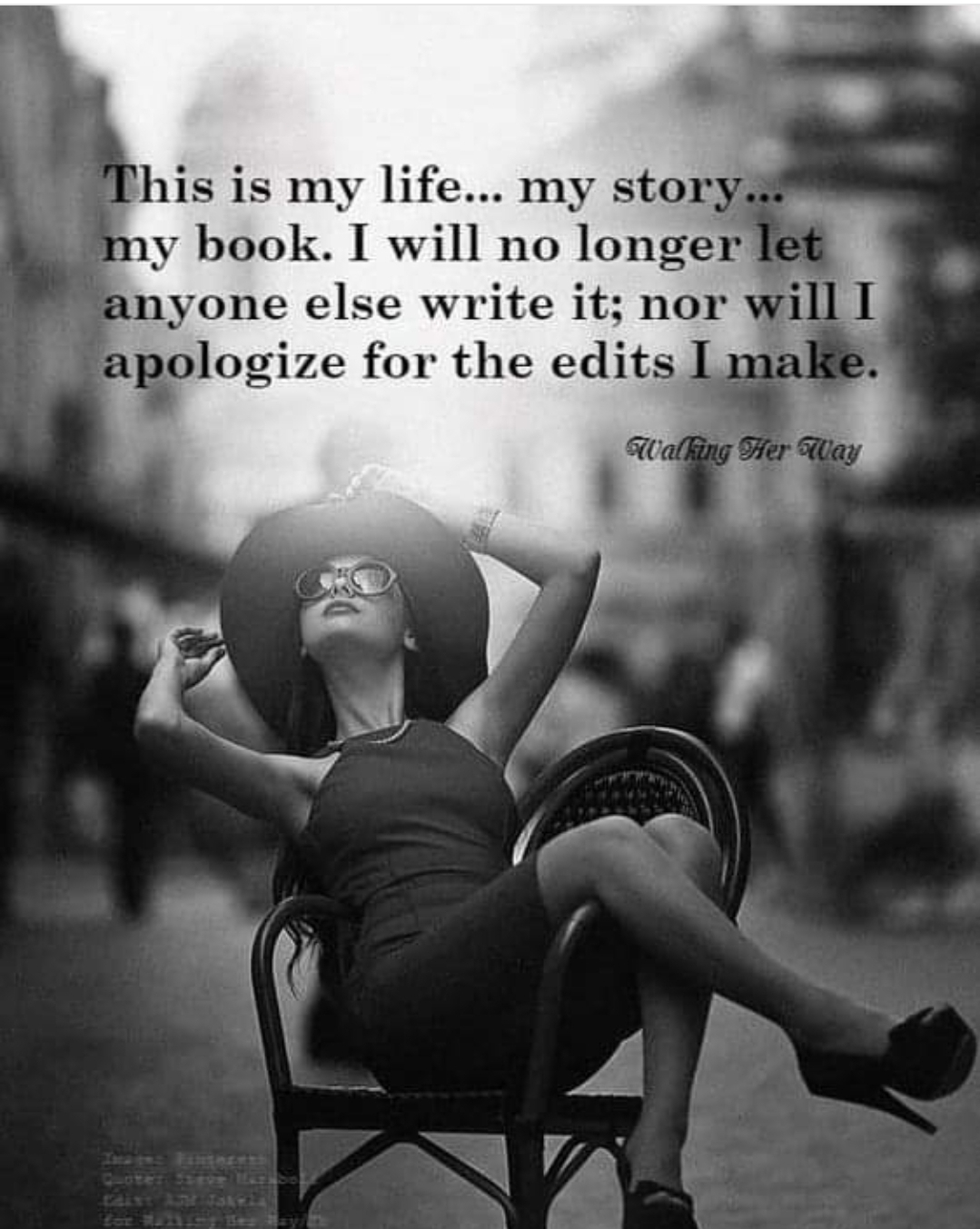
A redefinition of identity
Something that has been a challenge for me over the last few years has been linked to whether I’m still a scientist. This may sound odd, as of course, I still do a lot of scientific activities: writing papers, reviewing grants, sorting protocols etc, but I don’t DO science any more. I’m not in the lab wearing a lab coat processing specimens, I’m also not often there undertaking experiments. It’s taken me a while to come to terms with the fact that all of the activities that don’t take place in a lab are still part of what makes me a scientist. I find this one fascinating, as it took me ages to ‘feel’ like I was a scientist, and I went through a complete panic at the thought of no longer being considered one. The process of redefining my identity to include these new aspects has been been important, but not always straight forward.
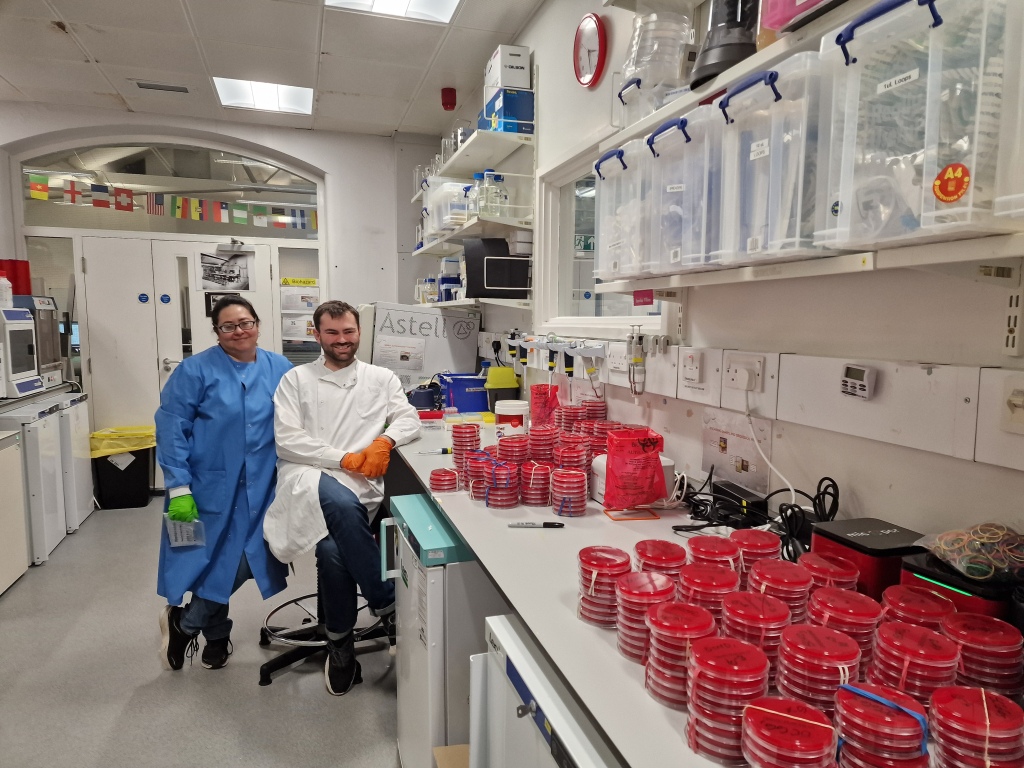
A stronger sense of self
Titles shouldn’t change how you feel about yourself, they shouldn’t, your sense of self should not be dependent on labels. The thing is though, those labels sometimes make life easier. I’m still the same person I was before I became a consultant or a professor. I’ve not morphed overnight into someone different. It does however remove some of that constant need I have to prove myself and show to others I’m good enough, whatever that means. When I’m questioned and challenged, which of course does and should happen, it enables me to have slightly less self doubt. I’m not saying that questioning yourself is not a useful reflective tool, everything is good in moderation, but sometimes I can lean too far into that questioning. I feel like having gone through the external review process, by people who have never met me, and been assessed as reaching this level of knowledge and experience does give me a baseline level of confidence that I didn’t have before. This confidence translates itself into an improved sense of self assurance which is really helpful across my professional practice.
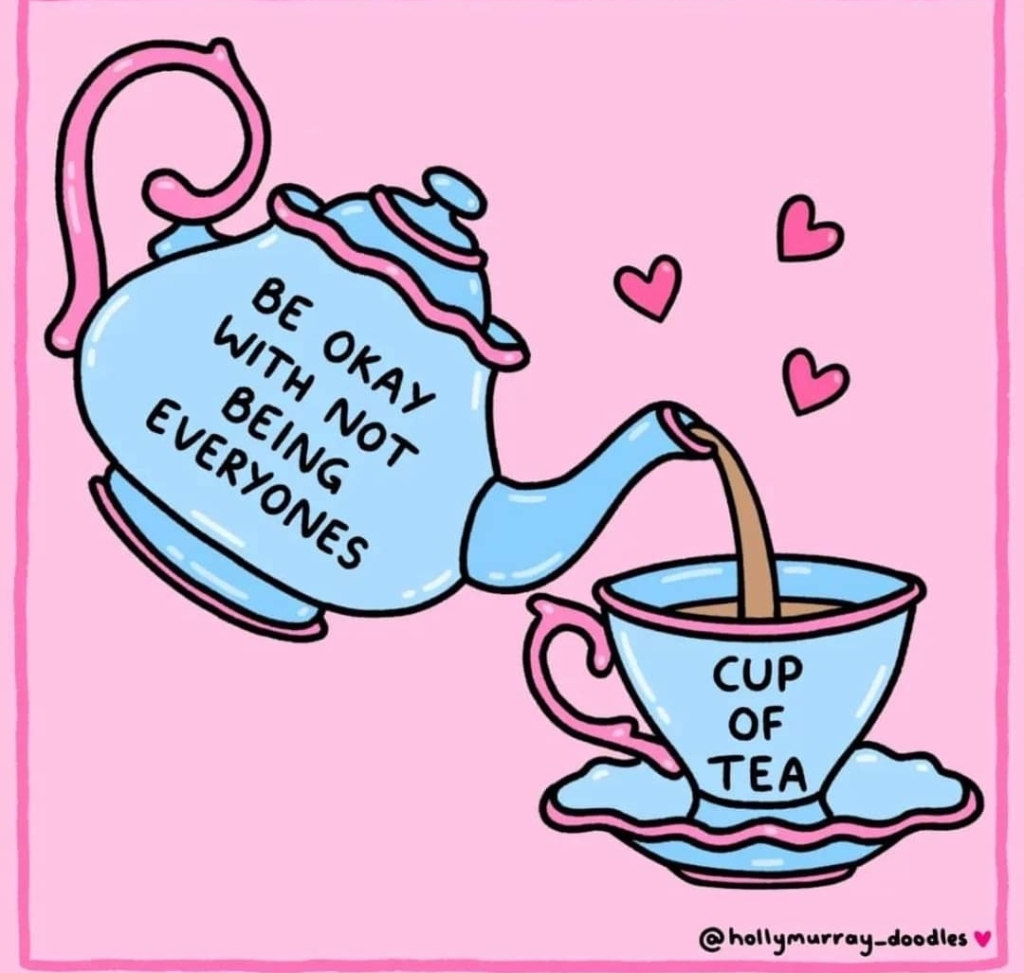
An increased sense of responsibility
Now, I’m not old and dead yet, but crossing this milestone has really made me think about what I want next, and what the next phase looks like. Over the last year I’ve come to realise that the crucial thing for me is about opening doors for others. I want others to be able to progress in a more defined way than I did, and to find some of the doors already ajar. They will face different obstacles, but I feel like that is how we move forward. I really feel that increased sense of responsibility to help those who will come after to me, and to pay forward the support that I have had along the way to others. Having ticked my boxes it’s time to help others tick theirs.
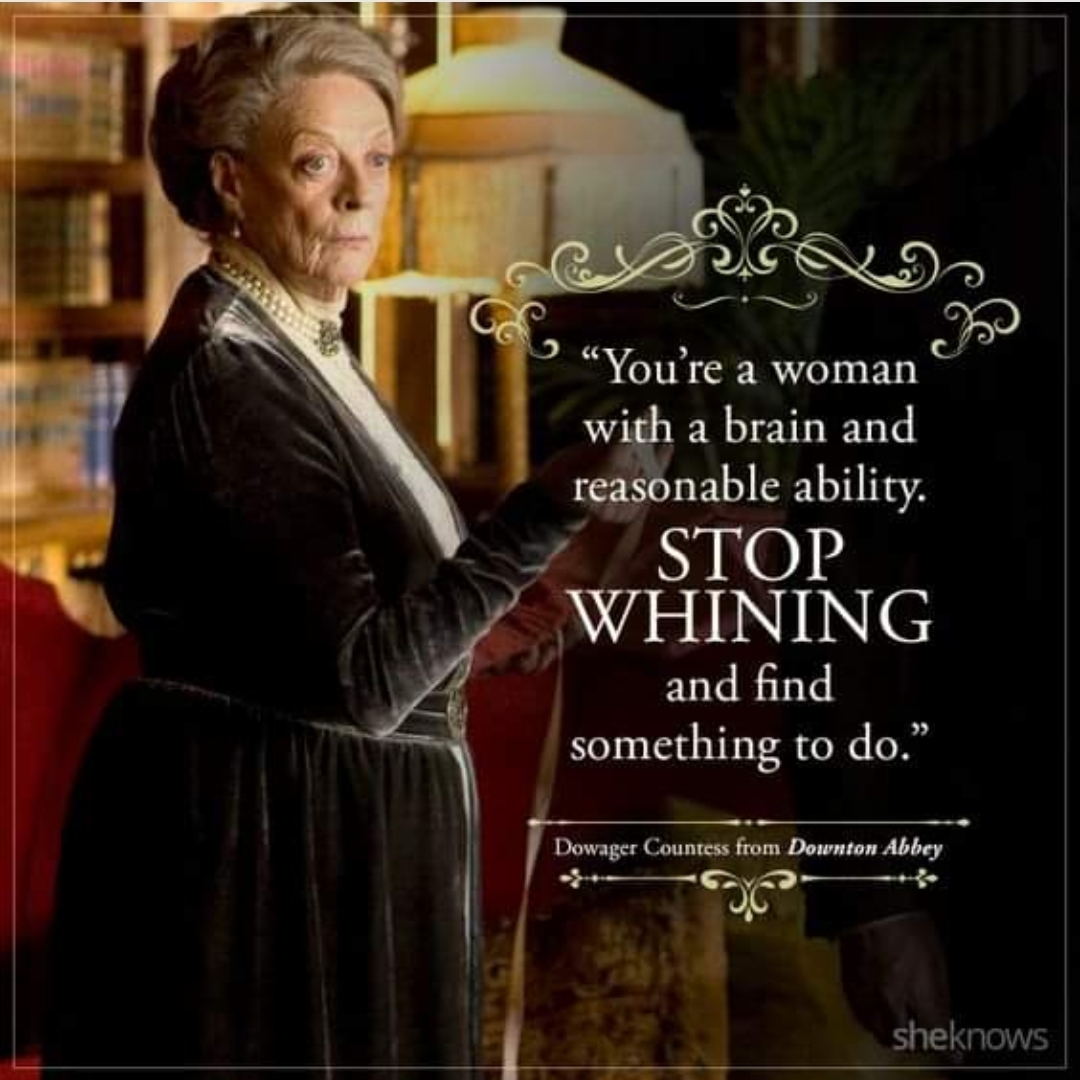
A new sense of direction
All of this has given me a sense of direction, one that involves not being afraid to be seen, and of embracing sticking my head above the parapet for the sake of change and for the sake of others. For the first time in my career I have a stable permanent post which means that I can afford to take risks in a way that I couldn’t have really contemplated before. I have privilege, that I recognise, own, and want to harness for the benefit of others.
I want to be in this position and still be me. I want to wave my geek flag, hold my head high as an obstinate head strong girl, and show that you don’t have to fit the mould in order to be successful. It’s one reason that this blog continues to be important to me. I want to show you can have self doubt and still progress. That you can make mistakes and learn from them, and that that’s OK. I want to stand tall and embrace being ‘Too Much’ to show you don’t have to compromise who you are to make things happen. That you can aspire and achieve more than you dreamed possible by being entirely, authentically you. I want to use the platform I’ve been given and hope that you will all join me along the way,
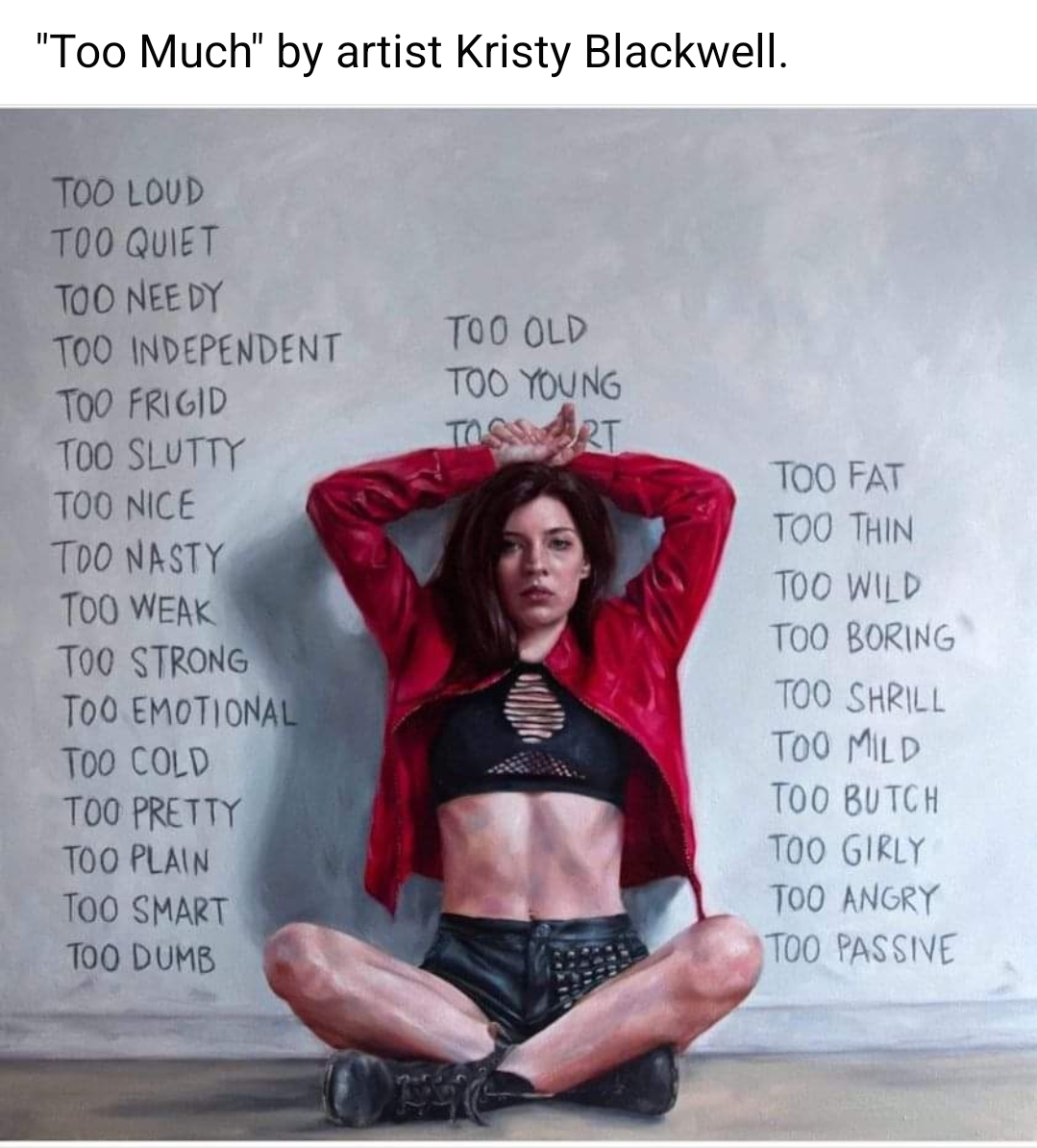
All opinions in this blog are my own

